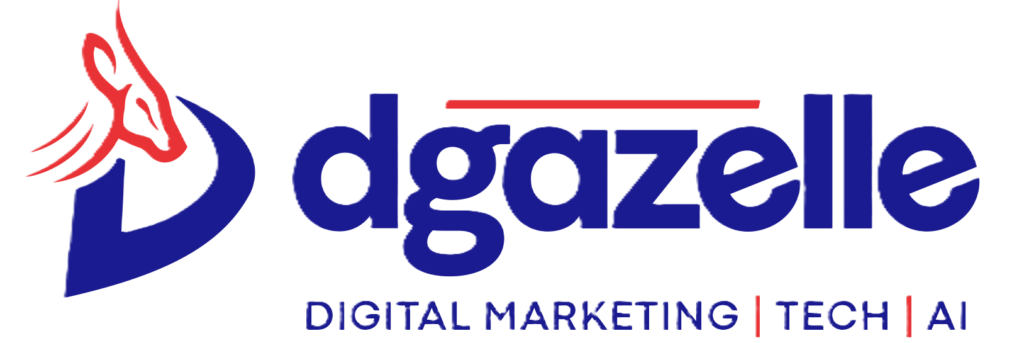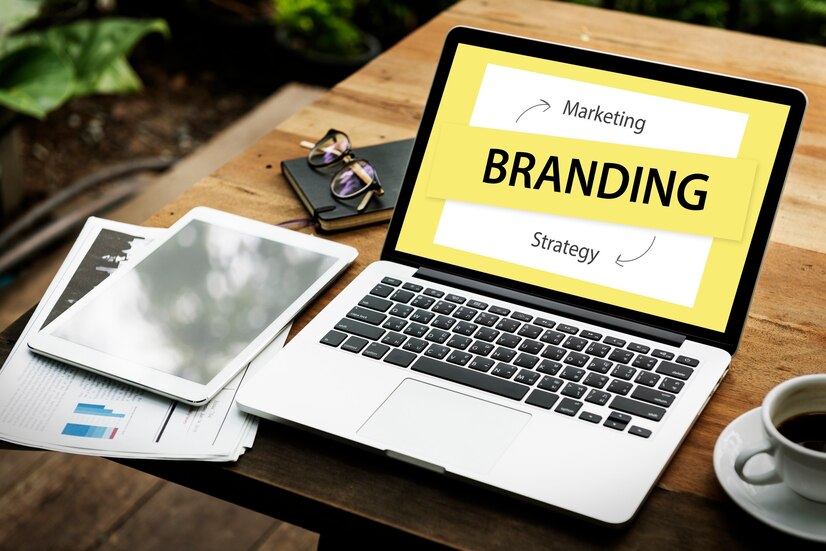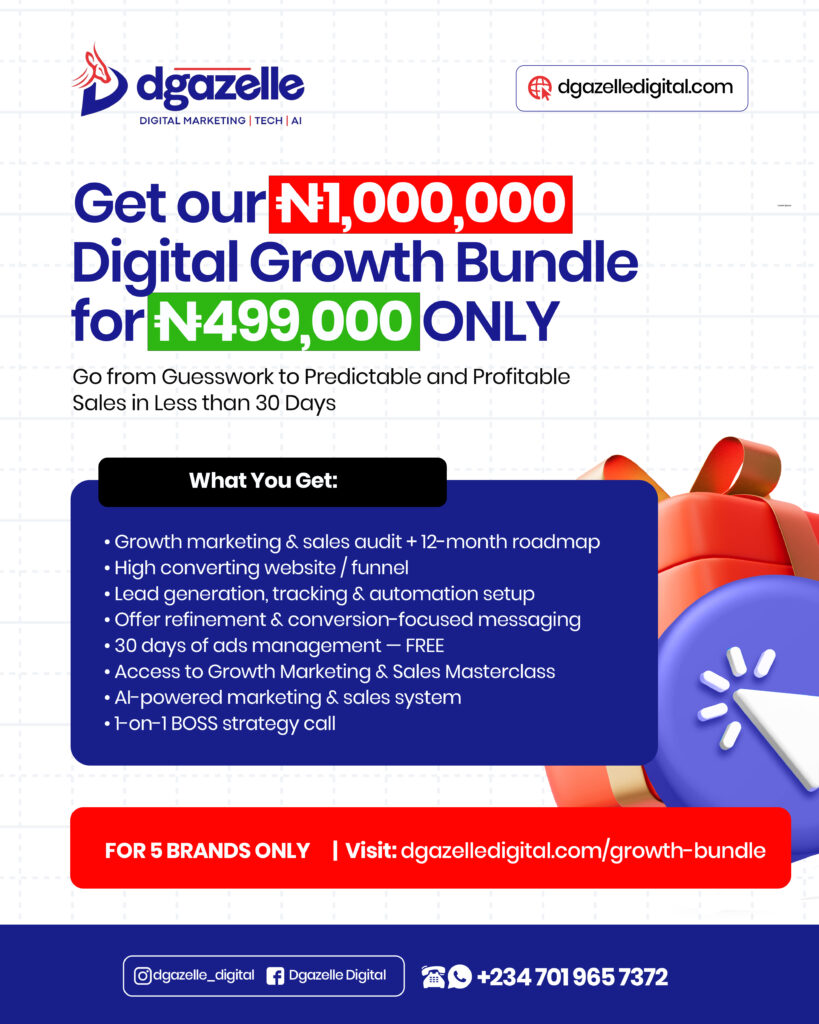Over the years, the definition of a brand has evolved significantly. Previously, a brand consisted of a logo, a few colors, and a variety of fonts. Today, brands are identified by the emotions they arouse in people who see them. Experience and perception are key components of branding.
Enhancing your marketing, recognition, market share, and revenue can be achieved with the use of a brand. You may be wondering how a business is able to achieve all of these goals. Let’s use Nike as a case study
Several decades prior, Nike was facing difficulties in gaining traction with athletes. They weren’t well-known for making athletic footwear, and not many serious athletes purchased from them. They were obviously going to have to change and come up with a new, appealing message for the market.
Nike started using the famous “Swoosh” emblem in 1985, but it was just the beginning. The corporation sent its agency a big order for commercials, all of which included different sports and events. Still, something was missing to bring everything together. When Walt Stack, an octogenarian runner, wore branded sneakers for his morning run in 1988, Nike shot to fame in the sports world.
The commercial’s message?
Just do it.
Athletes who believed the message spoke to them began to send in feedback within hours. Nike quickly established itself as the go-to brand for athletes. It goes beyond just a tagline or logo. It’s an idea and an emotion that motivates people to lead active lives everywhere—men and women alike.
That is what a powerful brand can do. It goes beyond only getting acknowledged. Rather, the goal is to elicit strong feelings and thoughts from viewers of your website, advertisements, merchandise, and marketing materials each time they see your logo.
Why Is Brand Investment Necessary?
Reality can be reshaped by a brand.
It’s a brand that makes people want your product, which is why some companies sink thousands into developing their business identity. How people perceive your products or services is what’ll make them choose you over your competitors.
The first and most crucial thing you need to do is stop thinking of brand development as an expense, and consider it an investment. Properly building this identity is crucial to influencing how people see your goods, and whether they’ll opt to buy from you.
Remember that building a brand is a long-term, continuous effort that offers the following advantages:
- Draw in additional clients.: You may find your ideal consumer demographic and target them with a well-developed brand by conducting in-depth customer research. Your chances of getting them to buy from you will rise if you can design values and a message that speak to them.
- Boost the efficiency of marketing.: Knowing your audience will help you tailor your marketing efforts to their preferences and way of thinking. It will foster an emotional bond and increase the level of engagement in your business.
- Demand greater rates.: Consumers purchase into brands rather than from companies. This explains why a Louis Vuitton purse or a Ralph Lauren outfit are more expensive than items from a typical retailer. Even though the products or quality may be same, what gives it value is the brand.
- Increase your income.: You’ll start making more money when you can command greater prices and a larger market share. Because of this, building a brand is an investment that will eventually pay off.
What Characterizes a Brand?
The development of a strong brand involves several components. While it would be impossible to list them all, we will focus on a few of the most important and fundamental factors that must be taken into account when creating a business brand identity.
Compass Brand
Your branding journey starts with the brand compass—not with colors and logos, but with purpose. What are your company’s goals, values, mission, and vision? These strategic objectives might help you decide how to position and develop your brand.
Organizational Culture
Offering sleeping pods in the break room, pool tables in the cafeteria, or personal development programs for office workers are just a few examples of what company culture entails. Instead, pay attention to your basic values—the tenets that guide your interactions with coworkers and the wider community and explain your actions. It will inspire workers, transforming them into brand promoters.
Individuality
Which terms best describe your brand? Sincerity, skill, toughness, glamour, or technicality? These are the characteristics that your customers relate to and find dependable.
Name and Catchphrase
Coming up with a name and a catchphrase is a very difficult task. You need to discover something that is available, relevant, and recognizable rather than just picking a name. An acronym, like Nike, can be brief and expressive, or it might be descriptive, like as Toys R Us.
Identity
Creating a logo alone won’t adequately convey your firm’s personality and culture. Instead, it must be an integral part of your brand. Nor does it have to be a name. One may possess a:
- Wordmark, like eBay or Google
- Pictorial, like Apple’s apple
- Letterform, like Mcdonalds’ “M” or Unilever’s U
- Abstract, like Nike and Sprint
- Emblems, like Samsung and UPS
Choose a logo style that suits your company.
Tone, Message and Voice
What would your brand or company say and how would it express it if it could speak? Would it sound like a sarcastic young adult with a “tude, or would it speak in a rough, adventurous tone? What kind of message are you sending to your clients? Adding a human element to your brand helps increase consumer recognition and identification.
Final Design and Architecture
The majority of people start the architectural process at the very end. Only once you’ve determined everything in the preceding steps can you begin to develop your brand. The names, colors, and symbols are all integrated into one harmonious whole by the architecture.
Conclusion
A brand is more than just a snappy tagline, a logo, or a few colors. It is a graphic depiction of all the things your company stands for, including its mission, values, message, offerings, and services. When you devote the necessary resources—money and time—to creating a strategic business brand identity, you will ultimately reap the rewards.
GET IN TOUCH
Remember, brand is more than just a snappy tagline, a logo, or a few colors. Get in touch let’s help you craft a brand that depicts all the things your company stands for,







